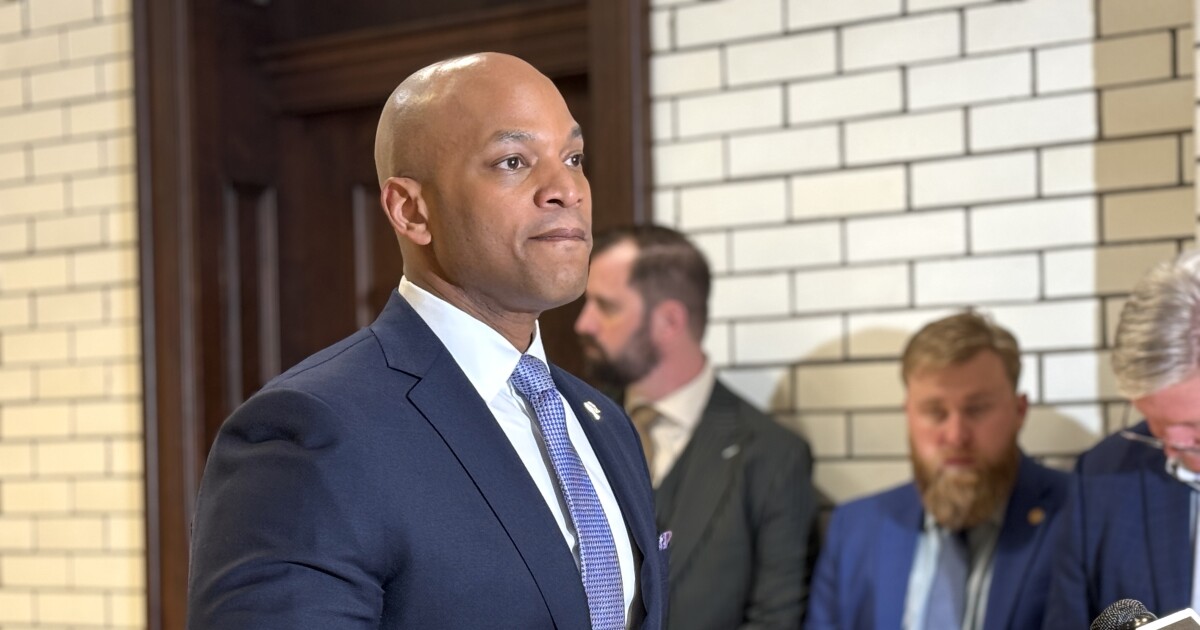In a recent turn of events, Attorney Robert K. Jenner is urging Maryland Governor Wes Moore to veto House Bill 1378, a piece of legislation that has been the subject of much contention. This bill aims to reduce the financial awards available to victims of institutional child sex abuse. Despite the calls from Jenner and a group of attorneys, the governor's office has stated that he plans to sign the bill into law in the near future.
The urgency surrounding this issue has led to a flurry of activity within the legal community. Attorneys are rushing to file claims before a May 31 deadline, in case the bill is enacted. Notably, Jenner and his colleagues have already announced nearly two dozen new lawsuits against a Catholic high school in Baltimore County, highlighting the race against time to secure claims under the current legal framework.
Jenner has been vocal in his opposition to House Bill 1378, emphasizing the impact it could have on survivors seeking justice. The bill, if signed into law, would significantly curtail the compensation survivors could receive for their ordeals. In addition, it introduces new restrictions on the amounts victims can recover, limiting them to a single payment even in cases of repeated abuse by the same perpetrator.
The legal landscape is rapidly evolving as law firms like Emily C. Malarkey's endeavor to file lawsuits on behalf of clients before the impending changes under the bill come into effect. The situation has escalated to the extent that clients are being urged to act swiftly due to the looming deadlines and reduced compensation limits that the bill would impose.
The genesis of this bill can be traced back to the 2023 Child Victim's Act, which sought to provide avenues for survivors of institutional abuse to seek legal recourse. However, the current legislation threatens to undermine the progress made in supporting these survivors by imposing severe restrictions on their ability to seek fair compensation for the harm they have endured.
Opponents of the bill argue that it not only diminishes the rights of survivors but also sends a troubling message about the state's commitment to holding perpetrators and institutions accountable. The bill's provisions have triggered a wave of legal actions as attorneys and advocates rally to protect the interests of those who have suffered from institutional child sex abuse.
The broader implications of this legislative development extend beyond the legal realm, raising concerns about the larger societal responsibility to address and redress the harms inflicted on vulnerable individuals. The clash between legal and ethical considerations underscores the complexity and sensitivity of issues related to institutional abuse and the need for comprehensive and compassionate responses to support survivors in their pursuit of justice.
As the legal drama unfolds, the fate of House Bill 1378 hangs in the balance, with stakeholders closely monitoring the governor's decision and its potential ramifications for survivors of institutional child sex abuse in Maryland. The legal community remains at the forefront of advocating for the rights and dignity of survivors, determined to navigate these challenging waters with resilience and unwavering commitment to justice.


